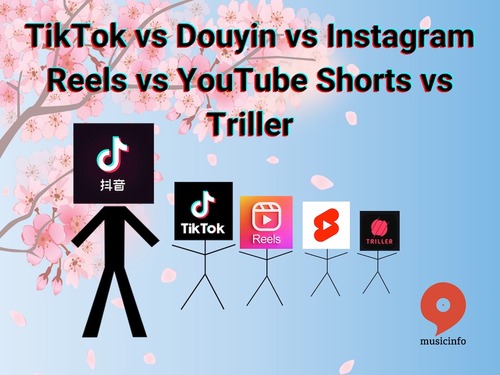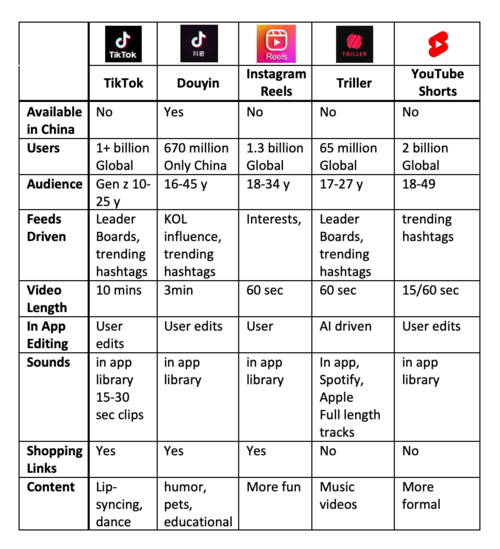 July 19, 2022
July 19, 2022 Parenting as a Rockstar: How to Rock Out With Kids in the Home
|
|
Image Source: Unsplash (https://unsplash.com/photos/OtDBA1br4CI)
Whether you are a full-fledged rockstar or you are an intermediate musician, if you also have kids, then you’re going to have some issues. You’re often stuck between a rock and a hard place. On the one hand, you need to be there to nurture your children and help them grow, but you also need to practice so you can pay the bills and keep a roof over their heads — so what do you do?
Luckily, you are not the first musician to have to juggle your music career with raising a family, so there are many helpful tactics that you can try. From making the most of your alone time to getting them into the act, here are a few ways to make it work.
Importance Of Time With Kids
A balance in the home is an absolute necessity. Even if you are a busy musician, you must make time for your kids during the day. There are many benefits to this quality time, including the chance to reinforce positive behaviors, teach them about new life lessons, and simply show that you care. Time together as your kids develop is especially important because it allows you to pay attention and notice if they have unique needs. For instance, some toddlers deal with a speech delay that can develop when they are young but can be improved if you are able to catch it and work with them.
This is why, as a musician, your family should be the priority. One big thing you can do is to create a music studio or practice room at home so you can at least be in the house when the kids are around the most. Your space will differ depending on the size of the instrument you play, but some musicians often use a spare bedroom or even a closet. While there are times that you will have important work where you can’t be distracted, you should try to let your kids into the room whenever you can so they can be near you and you can keep an eye on them.
You need to be smart about the design of your studio space. Place dangerous items high above the ground so your kids can’t get to them, and try not to play loud music if they don’t have proper ear protection. Again, extra caution will be necessary if your child has a medical issue. For example, the optimal environment for a child with ADHD features muted colors that will not be too overwhelming for their senses, and it should also be designed with a minimalist strategy so your children aren’t constantly distracted. By making these compromises with your kids, you are setting everyone up for success.
Make Most Of Alone Time
When you do get the chance to be alone to work on your music, then you need to take the chance to do so. You probably shouldn’t practice while your kids are trying to sleep or if they are doing educational activities at home, but if they go to daycare or are outside playing with friends, then you should jump into the music studio and do your thing.
Since you may have limited time, you’ll want to make the most of the hours you do have available. You may not have time to be indecisive, so hammer out the parts of your music that you are absolutely sure about and get it recorded now. You also may not have time to record the same track multiple times, and that is okay for now. Remember that you can edit your work later if necessary.
Set up a schedule ahead of time that lists what you would hope to accomplish when you get this alone time. It is important to remember that you cannot do it all at once. If you try to do too much, then you will just get flustered. Instead, think about what you want to do. Maybe you want to write some music during this time or record or edit. Do what you can in the time allotted, and don’t stress yourself out.
Get Your Kids Involved
You may not believe it at first, but you can be a good parent and improve your music at the same time by involving your kids in the musical process. In addition to sounding good, music can also improve your child’s development. It has been found that even listening to music while in the womb can help improve your child’s intelligence and can make them be more creative as they grow. With that said, try to involve them whenever you can.
If you are ever struggling with finding the right lyrics, then invite your kids into the studio and have them talk about their lives at home and school. The innocence of a child can make for great lyrics, and you never know what you’ll hear. Even hearing them hum absentmindedly when they don’t know you’re there can be a great inspiration.
As they get older, you can also have your kids join the band or follow in your footsteps. Teach them an instrument that compliments what you play, and you can make beautiful music together. Even if your kids are toddlers or are otherwise too small to comprehend what they are playing, then you can give them something simple like a percussion instrument or even a coffee can that they can play like drums. It is a small way to trigger their creativity.
In the end, it is important to properly combine your profession as a rockstar with the proper care and love that your child needs. Consider the tips discussed here, and you can get the best of both worlds.
Parenting as a Rockstar: How to Rock Out With Kids in the Home
 Children's Music,
Children's Music,  Creativity,
Creativity,  Musician tagged
Musician tagged  Music,
Music,  independent rockstar,
independent rockstar,  kids,
kids,  parenting
parenting 












